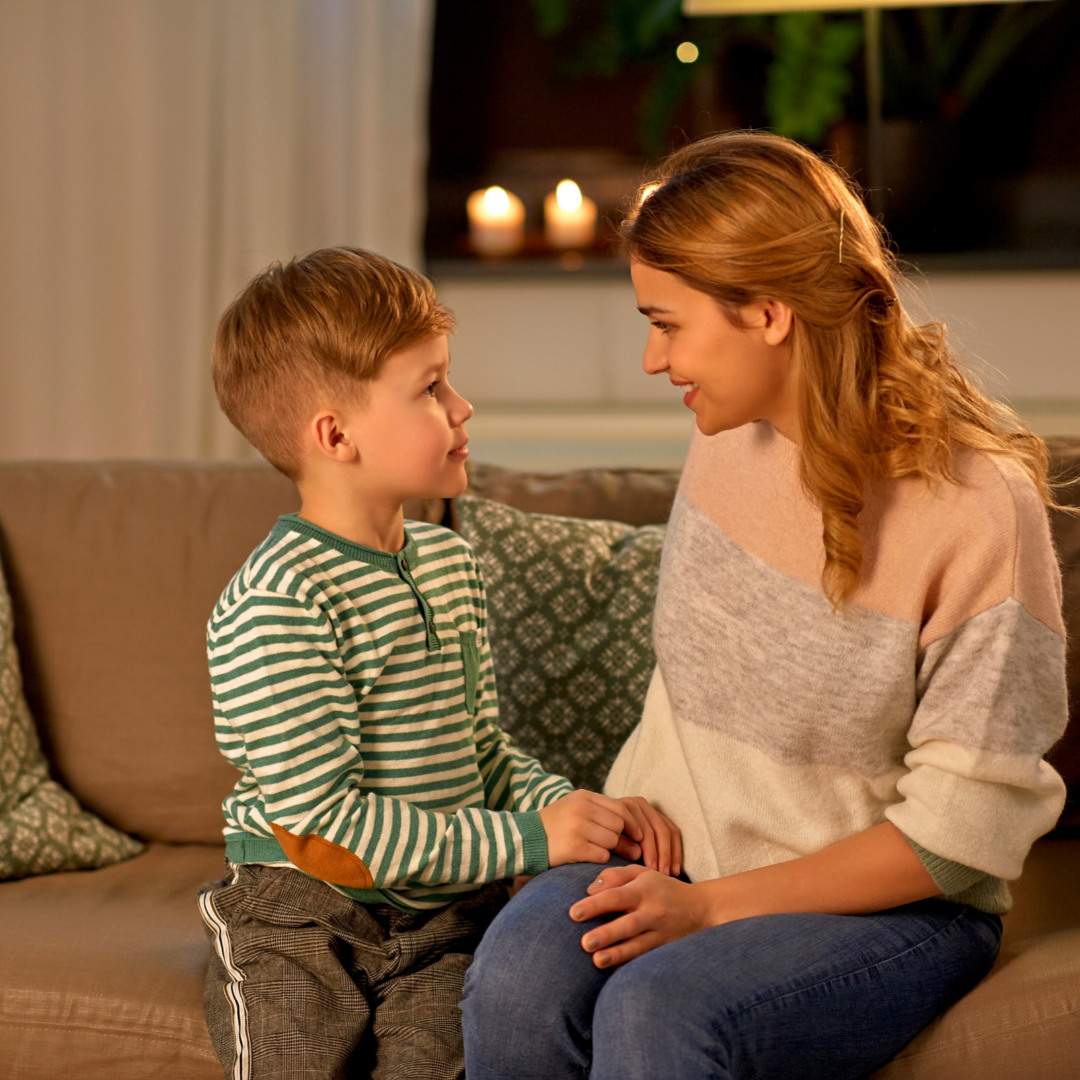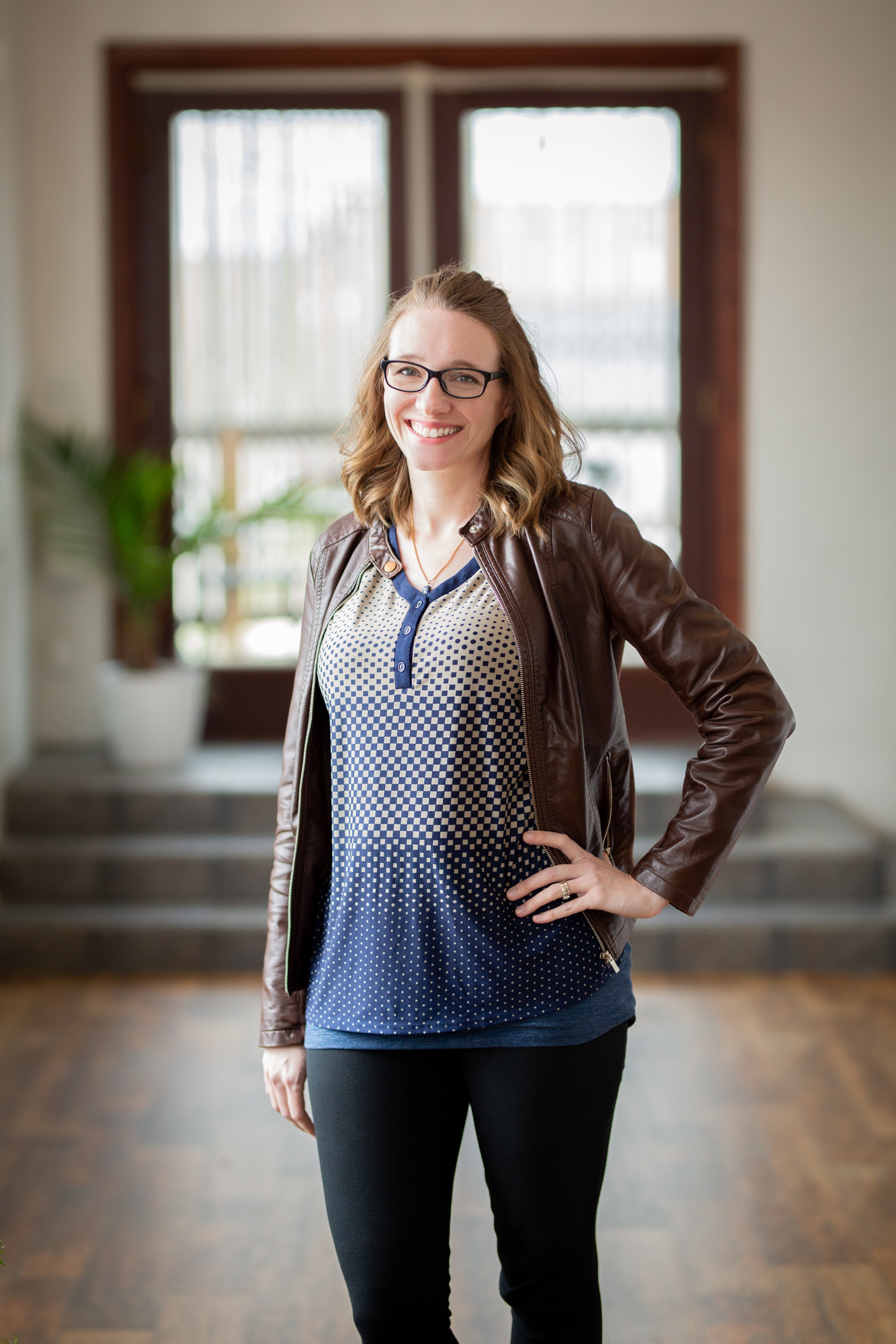
Lorelei Savaryn shares how she and her husband answer their kids' four frequently asked questions about Confession.
We just made an appointment for our family to go to Confession, which created a wonderful opportunity for us to continue the discussion of why we go to Confession, and what it means and why it is good for us.
My husband grew up with a bit of an unhealthy perspective on Confession. He was driven to it more by guilt than by love, and ended up spending some time worried about what happened if he forgot to confess something, or had misremembered a sin. He’s worked very hard to reorient his relationship with this Sacrament, but his experiences have made us especially careful about how we talk about Confession and model it with our children.
Here are some of the ways we frame our discussion, in the event it is helpful for you.
What is sin?
We do a physical demonstration with our children about what sin is, beginning when they are very young. One of us standing with our arms open, and we embrace our child in a hug. We tell them that this is what it is like to be in union with God. But sometimes we make decisions that turn away from love. We give an example, like refusing to share, or saying something unkind. With each act that is unloving, they take a step away from our embrace.
We talk about how all sin is like that, it is turning us away from Love, who is God. God (Love) never, ever moves, we are the ones who move away from him. And sometimes we can choose not-Love so many times that we can feel far away from God. We could even do something so unloving that we turn our back on Love itself. We are meant to be in union with God.

What is the purpose of Confession?
Confession restores us into right relationship with God. It turns us back to Love, it walks us back into Love’s embrace. We conclude our demonstration by having the kids run back into our waiting arms and giving them another enormous hug. We tell them that this is what happens during Confession, that Confession is healing, and that God has given us this Sacrament to help us on the journey of becoming who God created us to be.
What happens if I forget something?
As long as you make an honest examination of your heart and remember as best you can in that moment, your Confession covers all. You don’t need to worry about going back to confess something you accidentally left out.

Why can’t I just confess my sins to God?
We tell our children that they can—and should! And that God hears them and loves them. But God knows that we are both souls and bodies, and every single Sacrament makes the invisible visible and tangible to us in our bodies. The Eucharist involves eating, Anointing of the Sick involves prayers and oil. The Sacraments are grace-filled gifts God has given us to experience in our bodies. And Confession is no different.
I talk about the power of hearing that we are forgiven. There is power in saying all the things we did that turned away from love to another person and in then audibly hearing that we are forgiven. As a convert, I am able to share how I never had that before becoming Catholic, and that often having the gift of hearing those words brings me to tears. We talk about how the Priest is acting in the person of Christ, is there as a human body in Christ’s stead, so we can have the gift of hearing the grace.
Those, so far, with four kids ten and under, are the main points we have been teaching them about Confession. Our hope is that they love this Sacrament, and find it a place of comfort and healing, as it is intended to be.
I’d love to hear if you have any other ways you teach your kids about this Sacrament, or others!

Copyright 2022 Lorelei Savaryn
Images: Canva
About the Author

Lorelei Savaryn
Lorelei Savaryn joyfully joined the Catholic Church in 2016 after many years as a Protestant. She lives outside Chicago with her husband, four children, and dog named Saint. She writes about her faith and family life on ThisCatholicFamily.com. She is also a children's author. Her debut novel, The Circus of Stolen Dreams, released in Sept 2020 from Penguin Random House/Philomel.


.png?width=1806&height=731&name=CatholicMom_hcfm_logo1_pos_871c_2728c%20(002).png)
Comments